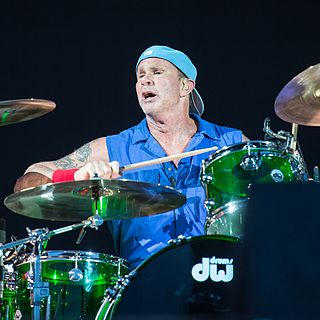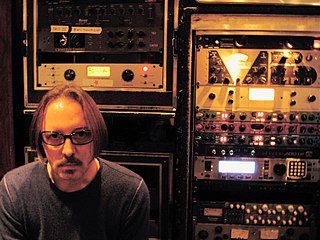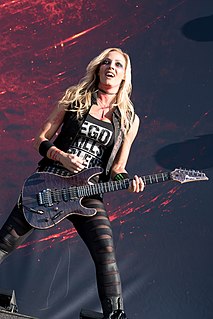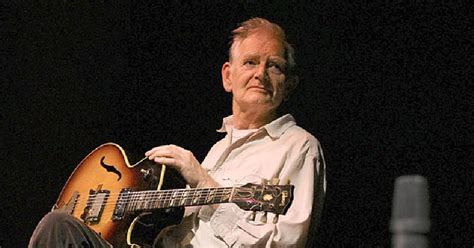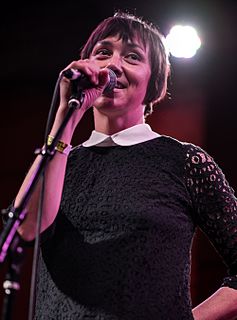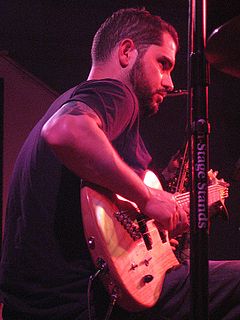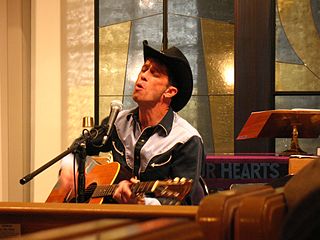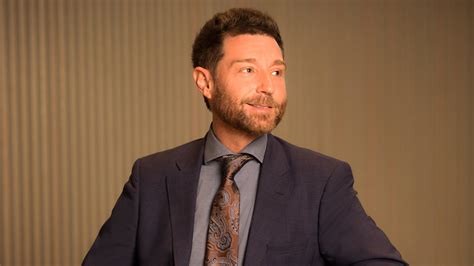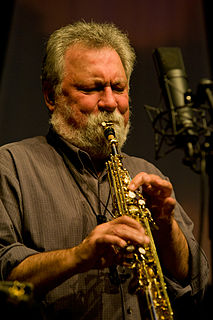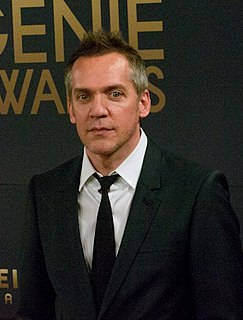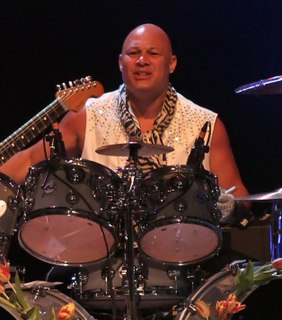A Quote by Chad Smith
There's something about the rawness of the live thing, there's no rhythm guitars behind the solo, nothing other than what you hear the people playing at that moment. It's exciting, it's about the performance.
Related Quotes
I like the adrenaline of live performance, whatever that is, appearing in front of an audience of any kind, whether it's one or a hundred or a thousand. It gives you a buzz of adrenaline, its exciting. The thing about that is that you want to make those nerves work for you in terms of an energy that's appropriate for the part and the performance, and not to distract the people who are watching so that they become nervous for you.
This is a very proud moment for journalism. I think The New York Times and The Washington Post are genuine champions in this moment. The role that they are playing in democracy is the role that you hear about journalism playing in civics classes. Other people are doing great work, but the Times and the Post have really been leaders. The public is watching, and they are hungry. They know something is wrong, there's a lot of anxiety out there. There's a real sense that the mission of journalism is very clear.
I tend to prefer the band thing. I think playing solo is good for about 45 minutes. I remember when I was on my solo tour that I got a chance to play with Martin Stephenson of the Daintees. He's now refashioned himself as almost a delta blues guitar player and he's got all the technique, all the persona and the charisma on stage. I think I do too, but I'm more of a first position strummer guy with a little bit of filigree work. I could listen to him for hours; I could listen to myself playing solo for about half an hour!
I don't mind when people are telling me about their 1971 Firebird, but it's the same thing as people telling me about their car or something. It's fine if you have an interest. By talking with me, though, you could be interviewing a novelist about guitars. It's the same thing, except I don't write that well either.
When I'm representing my music live I think of it very much in a rock band sense. When I first started doing festivals in the 90s there really weren't other DJs playing the stages I was playing. So I felt I was being afforded an opportunity to kind of make a statement about what DJ music can be live. In the 90s, if you were a DJ you were in the dance tent, and you were playing house music and techno music. There was no such thing as a DJ - a solo DJ - on a stage, after a rock band and before another rock band: that just didn't happen.
